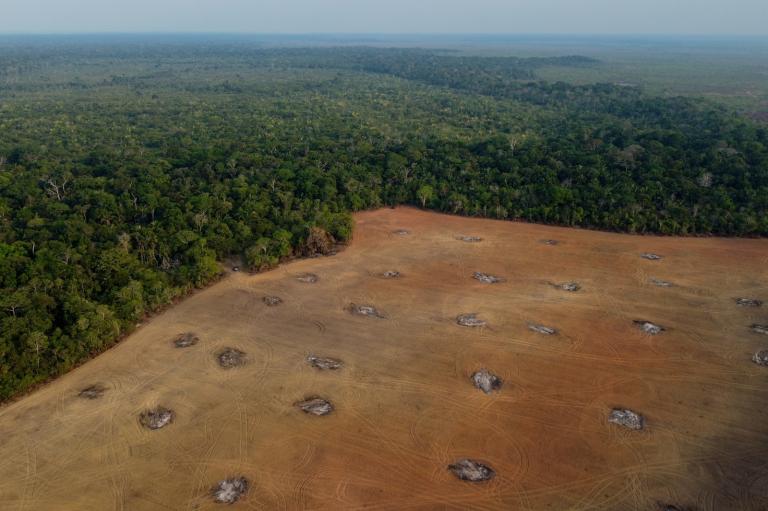Michael Griffin is a highly educated guy. He has five Masters degrees (count ’em: aerospace science, electrical engineering, applied physics, business administration, and civil engineering) and a Ph.D. in aerospace engineering (see here).
However, his interview on NPR shows that all that book learnin’ doesn’t mean what he says is intelligent.
For a recap of the high points of the interview, see David’s post. I’m going to talk in this post about what makes our climate optimal.
(This is adapted from an old post on my previous blog.)
Everything else equal, one might be able to make an argument that a warmer or cooler world would be better.
However, everything else is not equal. We have adapted to our present climate, and made significant investments in these adaptations. We build cities in places where it makes sense to put them (with the notable exception of New Orleans), we build infrastructure where it makes sense to put infrastructure, we perform economic activity where such activity makes sense. If the climate changes significantly, it could take enormous investments to re-adapt to our new climate. Our previous investments in infrastructure could become worthless.
Consider this example: You build a sawmill next to a roaring river, using the river as power source for the mill. Now AGW causes the precipitation pattern to change and the river moves miles away. In this new world, the river might have higher flow rates. Michael Griffin might well say, “see, the river is providing more energy for a mill.”
That would indeed be a good thing — if the mill were still on the river. But the mill is no longer anywhere near the river. So you have to build a new mill on the banks of the new river. This investment in new infrastructure is potentially expensive for rich countries, and poor countries simply won’t be able to afford it.
Today’s climate is indeed optimal — not because it’s intrinsically perfect, but because we’ve built our world around it.
After listening to this interview, I think Griffin needs another Masters degree — this one in earth science.

